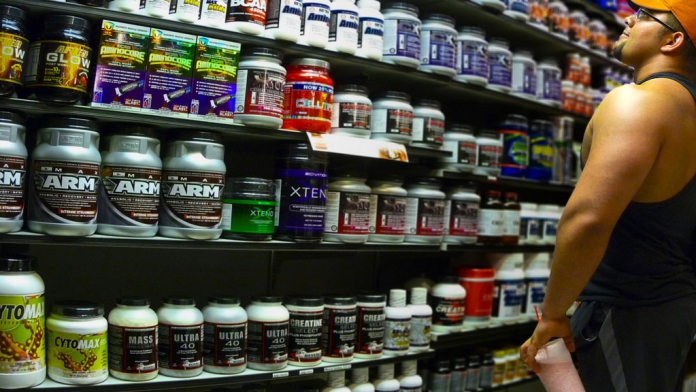Your buddy at the gym can’t say enough about the bodybuilding products he’s been taking to help build muscle mass and strength. You wonder, are they all safe to use? According to CDR Mark S. Miller, Pharm. D., a regulatory review officer at the U.S. Food and Drug Administration (FDA), bodybuilding products that contain steroids or steroid-like substances are associated with potentially serious health risks, including liver injury that can be life-threatening.
In addition to liver injury, anabolic steroids have been associated with serious reactions such as severe acne, hair loss, altered mood, irritability, increased aggression, and depression. They have also been associated with life-threatening reactions such as kidney damage, heart attack, stroke, pulmonary embolism (blood clots in the lungs), and deep vein thrombosis (blood clots that occur in veins deep in the body).
These bodybuilding products are promoted as hormone products and/or as alternatives to anabolic steroids for increasing muscle mass and strength. Many of these products make claims about the ability of the active ingredients to enhance or diminish androgen, estrogen, or progestin-like effects in the body, but actually contain anabolic steroids or steroid-like substances, synthetic hormones related to the male hormone testosterone.
According to a senior advisor in FDA’s Office of Dietary Supplement Programs, explains that many of these bodybuilding products sold online as well as in retail stores, are labeled as “dietary supplements” that contain potentially harmful ingredients.
If you’re taking any body building products that claim to contain steroids or steroid-like substances, FDA recommends that you stop taking them immediately because of the potentially serious health risks associated with using them. Talk to your health care professional about any body building products and/or ingredients you have taken or are planning to take, particularly if you are uncertain about those ingredients.
Source: U.S. Food & Drug Administration (FDA)









